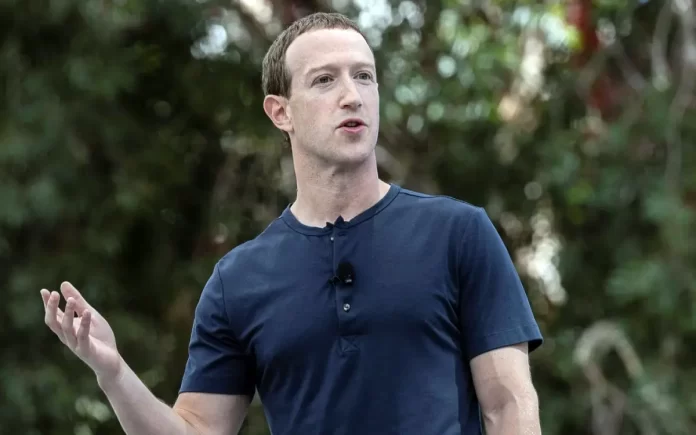New York: From 2021 to 2023, a wave of layoffs has swept through the tech industry, and early indications suggest that this trend will persist into the foreseeable future. Major players like Google, Amazon, and Meta have initiated workforce reductions, project cancellations, and strategic realignments. What’s driving this phenomenon, and when can we expect it to abate?
Mark Zuckerberg, CEO of Meta, recently addressed this issue in an interview, offering insights into the strategic shifts among tech companies in the wake of the pandemic.
Zuckerberg attributed the initial wave of layoffs during the pandemic to over-hiring and declining digital sales, causing a strain on overall business performance. Reflecting on these tough decisions, he remarked, “It was obviously really tough, we parted with a lot of talented people we cared about. But in some ways actually becoming leaner kind of makes the company more effective.”
While the need for cost-cutting measures is understandable, experts have criticized the abrupt nature of these layoffs, advocating for a more gradual approach to workforce reduction. However, recent months, particularly since the onset of 2024, have seen a shift towards prioritizing investments in artificial intelligence (AI) by most tech giants.
Zuckerberg acknowledged that AI was not the primary driver behind Meta’s recent layoffs, but industry dynamics may have since evolved. Companies seem unfazed by these decisions as long as they contribute to increased market value, aligning with investors’ focus on business performance.
Amidst these challenges, Zuckerberg is also addressing competition from Apple’s Vision Pro headset, conducting reviews and comparisons with Meta’s own Meta Quest headset.



